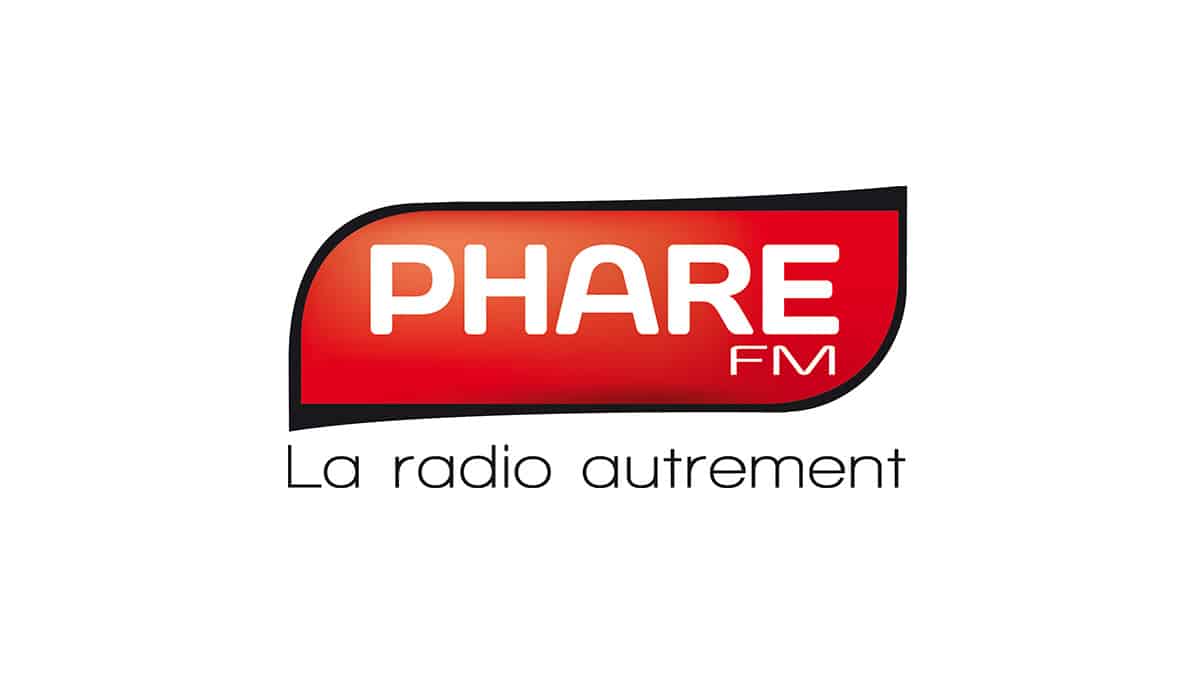MULHOUSE, France — Phare FM is a rare entity in radio — a flexible network of Christian radio stations that serves French speakers in three countries.
It started as Radio Phare (“lighthouse”) in Mulhouse, Alsace, close to the borders with Germany and Switzerland, on the initiative of a group of Christians under Pastor Bruno Léonardi. When it started broadcasting in June 1989, programming was haphazard. Seven churches in the region shared the responsibility of content production — each having one day of the week.
“It was the beginning of free radio; we were learning how to do it,” smiles Nathanaël Chong, Phare FM’s current director. “For a few years, it went on like that. There was no format; the station kept changing.”
In 2001, Radio Phare became Phare FM and took a more professional route with a format, a target and an editorial line. It also reached out to other Christian radio stations with the idea of collaborating and sharing content. “We spoke with other radio stations and saw that what we were creating made sense and was beginning to appeal, and we asked ourselves whether we could work together,” recalls Chong.
The DAB+ opportunity
The station envisaged two projects: A program bank and creating a Phare FM program to offer other radio stations. Twenty years later, the result is the remarkable entity that is Phare FM. “It has all the functions of a network,” says Chong, “but it is not a network.”
Today, several stations within the “network” broadcast the Phare FM program in Switzerland, Belgium and France. France’s broadcasting authority, the Conseil supérieur de l’audiovisuel, regulates the rollout. Chong summarizes the rules in four points: The program must be free, bound by a contractual timeframe, and the beneficiary stations must be independent and not-for-profit.
With the arrival of DAB+ in France, Phare FM saw opportunities to expand its program coverage and started digital broadcasting in 2013.
“We were just getting started, without really understanding how it all worked or what future DAB+ had,” explained Chong. The station had high hopes in DAB+. “We really wanted to grow, but for years nothing happened. We ended up having doubts. Other countries, like England, had real strategies, but in France, nothing was happening. Like in the days of VHS, PAL/SECAM or other technologies.”
It has all the functions of a network, but it is not a network.
Nathanaël Chong
Chong explains that the station almost gave up its DAB+ frequency in Paris and even stopped broadcasting for a while. “We didn’t even apply for Alsace, which is our historical region, because the call for applications came in the middle of a period of doubt. The CSA had no visible strategy, with real dates.”
Eventually, when the CSA presented a clear strategy, Phare FM’s enthusiasm for DAB+ rekindled. “We got Nice and Marseille, then Valenciennes and finally Metz, Troyes and Le Mans, where we’ll start broadcasting this year.” The rollout is in conjunction with UCB [United Christian Broadcasters] France.
Music that speaks volumes
Chong explains how the station continually focuses on improving its product and the team behind it. At its core, says Chong, Phare FM is a family radio station.
“The core target is Aurélie. She is 37 years old. The extended target is between 25 and 49 years old, 55% female. It’s a music-based station, but with more spoken content than similar music stations. We have appointments every quarter of an hour to talk about religion, values, or the family. Our music carried on all the stations includes that by contemporary Christian artists, French and English speaking.”
A year ago, the station switched to RCS to ensure tighter and more consistent music scheduling. Outside of music, the station also carries news, weather and entertainment as its primary programming content.
Its commitment to more robust programming is paying off. Initially supported by various churches, Phare FM has become increasingly independent. It now employs 11 people in its Mulhouse headquarters, financed mainly by donations from its listeners.
The author is a correspondent for sister publication La Lettre Pro.

